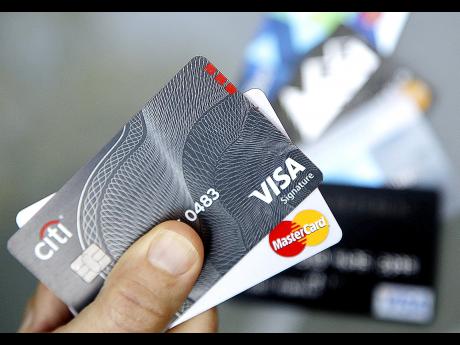The thrill of getting approved for your first credit card might wear off – at least a little – when you see the news punctuating that congratulatory message: Your new credit limit is lower than you expected.
So the mental math begins. Can you shop for groceries for a full month without flying too close to your limit? Is it even possible to pay for a plane ticket? If the answer is a resounding “no, it’s time to hash out a new game plan.
Instead of trying to use your credit card for everyday purchases, focus on establishing a history of on-time payments and responsible borrowing. The positive history you build now could pay off in the years ahead.
Pay on time and in full
As a first-time credit card applicant, your credit history up until now might be a whole lot of nothing. So it’s not surprising that issuers might start you out with a low limit.
Banks are “just being careful because they don’t know who you are”, says Naeem Siddiqi, an author of books on credit scoring and the director of credit scoring and decisioning at SAS, a company that provides major banks with analytics software for making credit decisions.
The remedy: Use your credit card to build a positive credit history by making it a priority to pay every credit card bill on time and in full.
That could improve your chances of getting an automatic limit increase later on. Banks typically re-evaluate your account every nine to 12 months, looking at factors such as scores, payments, the percentage of available credit you’re using and how long you’ve been a customer and may increase your limit at that point, Siddiqi says.
Missing payments or paying only the minimum, meanwhile, could thwart your progress towards establishing a positive credit history – and cause you to rack up interest charges and penalty fees.




Leave A Comment